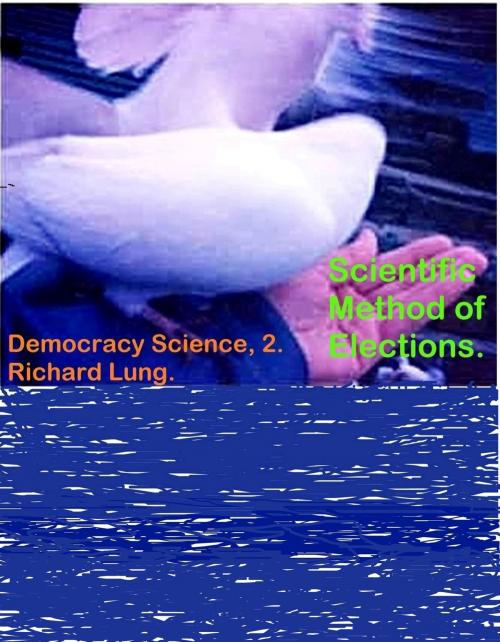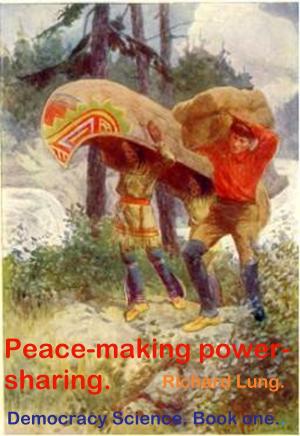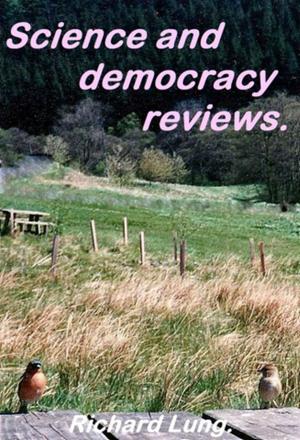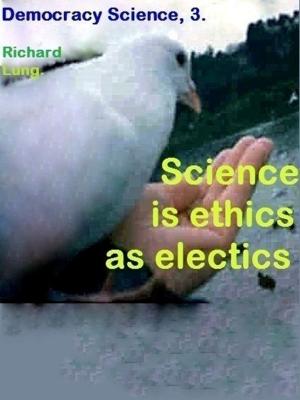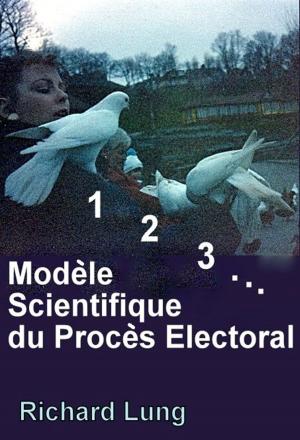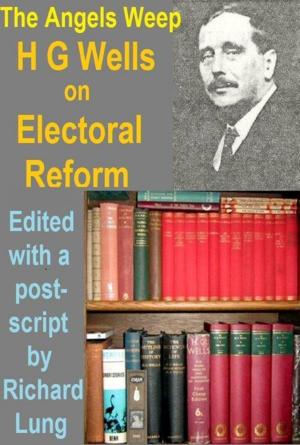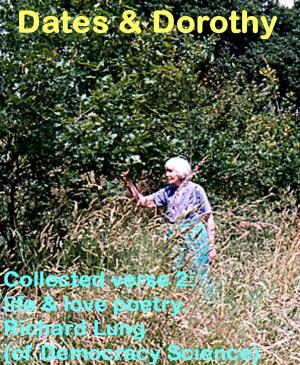Scientific Method of Elections.
Nonfiction, Social & Cultural Studies, Social Science, Methodology, Political Science, Government, Democracy| Author: | Richard Lung | ISBN: | 9781311435484 |
| Publisher: | Richard Lung | Publication: | June 5, 2015 |
| Imprint: | Smashwords Edition | Language: | English |
| Author: | Richard Lung |
| ISBN: | 9781311435484 |
| Publisher: | Richard Lung |
| Publication: | June 5, 2015 |
| Imprint: | Smashwords Edition |
| Language: | English |
A short history shows the sheer difficulty of genuine electoral reform. The defeat of democracy is also a defeat for science. Freedom and knowledge depend on each other. Therein is the remedy. I base voting method on a widely accepted logic of measurement, to be found in the sciences. This is supported by reflections on the philosophy of science.
The more familiar approach, of judging voting methods by (questionable) selections of basic rules or criteria, is critically examined.
Political and academic justifications, for the world anarchy of voting methods, are refuted by a statistical understanding of elections as generally giving more or less probable results, for which social choice theory requirement of absolute certainty, in all cases, is not appropriate.
Official reports of British commissions on election systems are assessed. These reports are of Plant, Jenkins, Kerley, Sunderland, Arbuthnott, Richard, and (Helena Kennedy) Power report.
Two great pioneers of electoral reform are represented here, in speeches (also letters) of John Stuart Mill on parliamentary reform (obtained from Hansard on-line). And there is commentary and bibliography of HG Wells on proportional representation (mainly).
This author is a researcher, as well as a reformer, and my innovations of Binomial STV and the Harmonic Mean quota are explained.
Compared to my first book on electoral reform, this second book has more emphasis on electoral research, to progress freedom thru knowledge.
(The previous book, Peace-making Power-sharing, had a last chapter, in French, which is the earliest surviving version of the foundation of this sequel, Scientific Method of Elections.)
A short history shows the sheer difficulty of genuine electoral reform. The defeat of democracy is also a defeat for science. Freedom and knowledge depend on each other. Therein is the remedy. I base voting method on a widely accepted logic of measurement, to be found in the sciences. This is supported by reflections on the philosophy of science.
The more familiar approach, of judging voting methods by (questionable) selections of basic rules or criteria, is critically examined.
Political and academic justifications, for the world anarchy of voting methods, are refuted by a statistical understanding of elections as generally giving more or less probable results, for which social choice theory requirement of absolute certainty, in all cases, is not appropriate.
Official reports of British commissions on election systems are assessed. These reports are of Plant, Jenkins, Kerley, Sunderland, Arbuthnott, Richard, and (Helena Kennedy) Power report.
Two great pioneers of electoral reform are represented here, in speeches (also letters) of John Stuart Mill on parliamentary reform (obtained from Hansard on-line). And there is commentary and bibliography of HG Wells on proportional representation (mainly).
This author is a researcher, as well as a reformer, and my innovations of Binomial STV and the Harmonic Mean quota are explained.
Compared to my first book on electoral reform, this second book has more emphasis on electoral research, to progress freedom thru knowledge.
(The previous book, Peace-making Power-sharing, had a last chapter, in French, which is the earliest surviving version of the foundation of this sequel, Scientific Method of Elections.)
